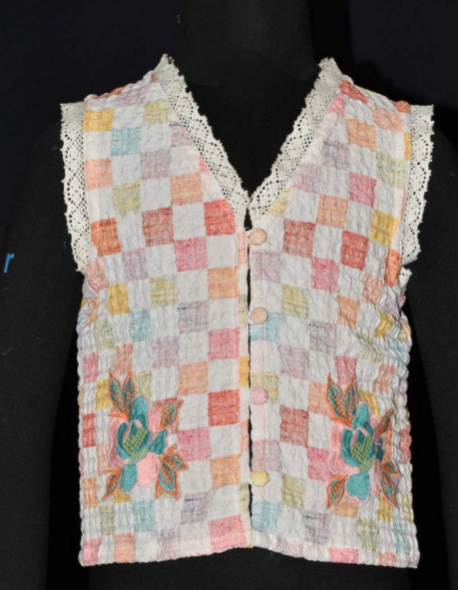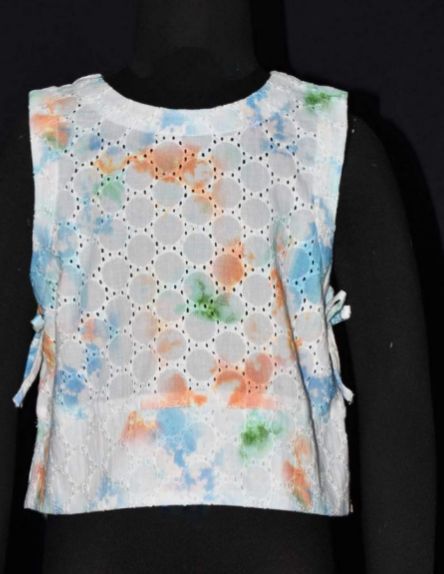How To Ensure Production Quality When Working With White-Label Manufacturers

For any business to keep pace with the rapidly changing market, there is a need to keep updated information on new innovations and work strategically for continuous improvement in the daily functioning of the business. The same applies to apparel manufacturing and apparel manufacturers. When cooperating with a white-label partner for your manufacturing requirements, you must ensure quality control of your production process.
Product quality becomes synonymous with your brand identity, so trustworthy product quality is a basic necessity for all brands. So, how do you ensure quality when working with a white-label manufacturer? Here are the top tips to ensure and maintain quality in white-label clothing as a garment manufacturing company:
Steps to Ensure Quality When Working With White-Label Manufacturers
1. Define Clear Standards
Specify the expected standards of quality clearly, including all specifications, requirements, and expectations from deliverables. This will ensure that you and the white label partner are on the same page regarding what you expect in terms of quality.
Define quantifiable metrics that measure the quality performance of defects, such as defect rates, customer satisfaction scores, or compliance with industry standards. This will help you understand the progress and identify areas that require more attention.
2. Implement Robust QA Measures
Regular inspections and audits should be performed all through the production process to find out possible areas of quality problems well in advance and address them. It stops problems from scaling, reducing production costs over time.
Employ tight testing processes to ensure that products coming out bear the standard quality you would expect. This could involve functional testing, performance testing, and even usability testing.
3. Foster Continuous Improvement
Continuously monitor and analyse the leading indicators of performance to identify trends. Determine where improvements are needed and measure the effectiveness of your quality initiatives.
Also, solicit feedback from customers and internal employees/stakeholders or apparel manufacturers for insight into perceptions of quality. This will help you take immediate corrective action on the identified issues concerning quality problems.
4. Invest in Training and Development
Make sure your white label partner's personnel are well-trained and possess the respective skills and knowledge for the purpose of job performance.
Invest in various training programs, which will help the staff be informed about developments in the industry. Also, recognize best practices, emerging technologies, and new standards of quality.
5. Leverage Technology
Automate quality control processes using technology support in the form of testing tools or software in quality management; improve efficiency and reduce errors to get enhanced data insights.
Use analytics to derive insights on quality performance, identify trends, and apply data-driven insights for decisions. This helps you in continuously optimising your processes of quality control and spotting opportunities for improvement.
6. Open Communication
Be open and transparent with your white-label partner so that the quality concern or any other issue is communicated at the right time. Regular communication does build trust and inspires collaboration.
Work with your white-label partner to identify the root causes of quality issues and implement effective solutions. A collaborative process may result in effective problem-solving and continuous improvement.
Other Factors for Quality Assurance
A good brand reputation shapes consumer perception and builds loyalty, which in turn engenders trust. Protecting your brand's reputation means investing in activities that nurture quality management, such as the following:
-
Continuous Monitoring: Negative comments or misinformation on social media and online forums.
-
Crisis Management Plan: Formulate an overall crisis management plan that would help it respond to reputational threats in an appropriate manner.
-
Maintain Strong Relationships: Nurture excellent relationships with customers, suppliers, employees, and society at large. This builds trust and credibility in a brand, which can be resistant to challenges.
-
Ethics: Make unbiased and transparent decisions when there is a conflict of interest, considering the values of your brand and its long-term goals.
Conclusion
You can effectively manage quality control in your white-label partnerships, ensuring that your products meet the highest standards and exceed customer expectations. You will have a strong and resilient brand that can rise easily and quickly from challenges to remain competitive in the marketplace. For more information about working with white-label manufacturers, check out CheerSagar. As one of the top garment manufacturing company in Jaipur, CheerSagar is well experienced in handling white-label manufacturing. Check out the website to learn more about the services.
Related Blog
Best Fabric Accessories To Highlight Your Style
Everyone's fashion style is incomplete without accessories. It gives any fashion style an elegant appearance. Hats, belts, scarves, and hair...
10 Things To Consider When Choosing A Small Order Clothing Manufacturer In India
Finding the right manufacturer is crucial if you are a small clothing business owner or a fashion designer looking to...
Zero Waste Garment Manufacturing: Strategies For A Greener Industry
The fashion industry is witnessing a significant shift towards sustainability, with garment manufacturers leading the way in adopting zero-waste practices....




